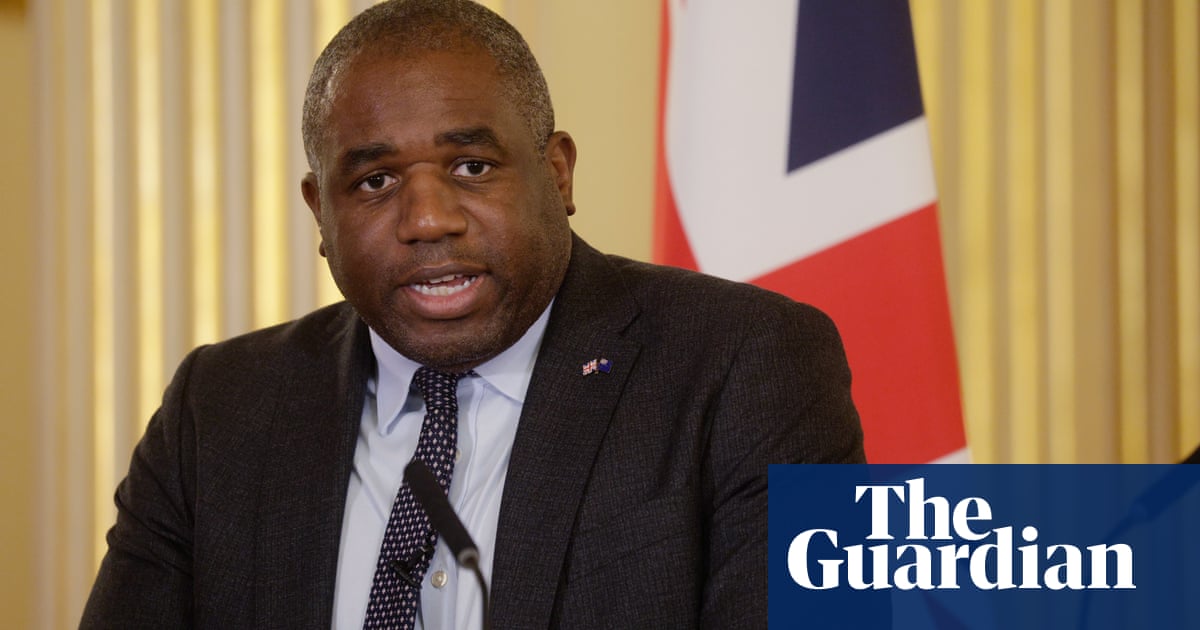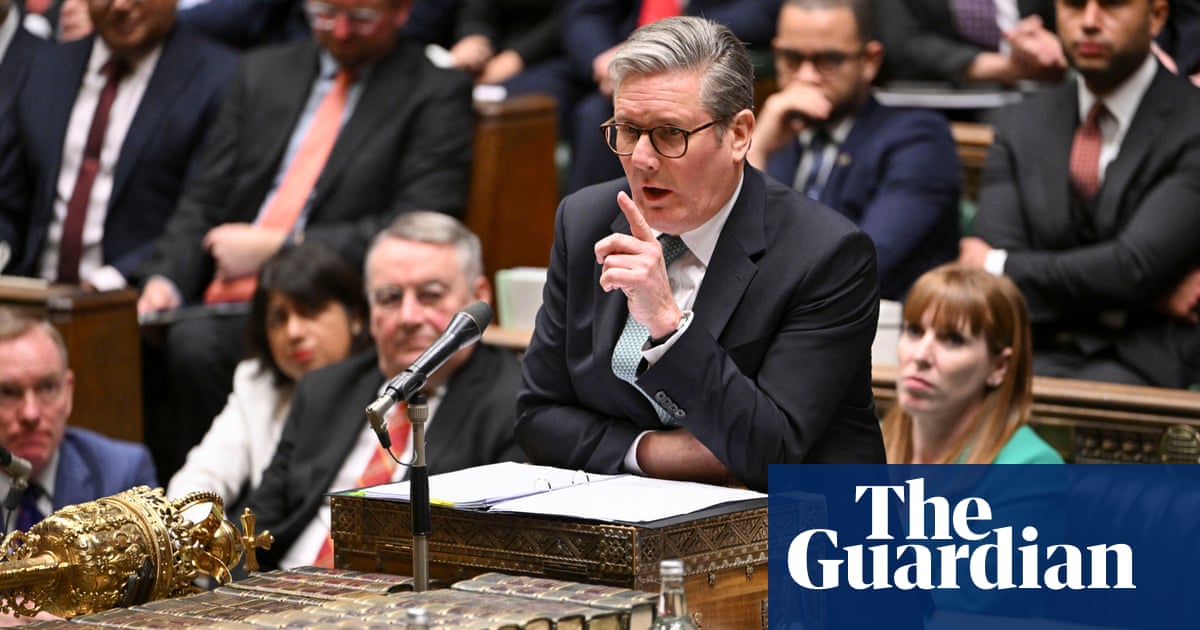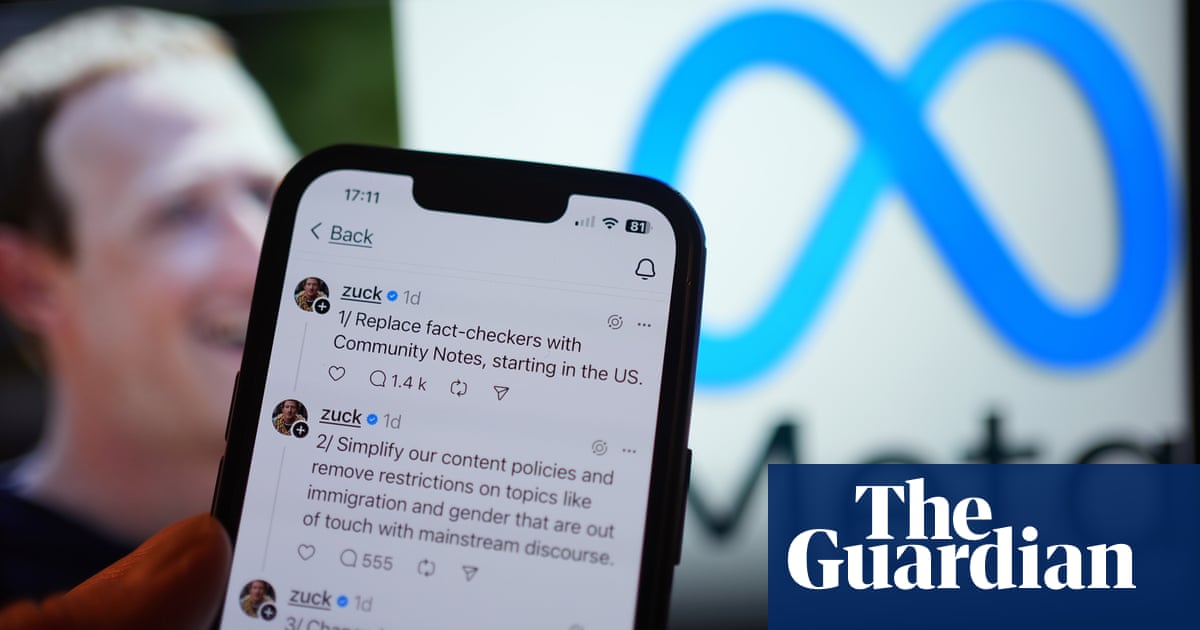From assertions that America’s highest-profile vaccine critic would lead health agencies to new promises for “massive reform” of Obamacare, the chaotic last week of Donald Trump’s presidential campaign will probably serve as a preview of what “Make America healthy again” could mean should the former president regain power.
The jumble of proposals echoed conservative policy documents, channeled the residual anger of the post-pandemic anti-vaccine movement and alarmed experts who help set the nation’s health policies.
“My first reaction is that a Trump administration would be the most anti-public health, anti-science administration in history,” said Lawrence Gostin, a global health law professor at Georgetown Law School.
“In my mind, health is very much on the ballot,” he said.
Over the last week of the campaign, Trump said he would let the nation’s foremost vaccine skeptic “go wild” at the nation’s food and drug agencies and refused to rule out banning certain vaccines. The Republican House speaker, Mike Johnson, also promised “massive reform” of Obamacare should Trump win.
Vaccines are among society’s most effective public health interventions, saving an estimated 154 million lives worldwide over 50 years, according to a study in the Lancet. Obamacare has grown in popularity even among Republicans.
“It reminds me of the chaos of the first administration, right in the midst of the pandemic,” said Gostin, referring to a time when Trump floated bogus treatments for Covid from injecting disinfectant to ivermectin to hydroxychloroquine – all debunked and often actively harmful.
“But it’s far worse,” continued Gostin, “because while Trump at least was surrounded by credible scientists like Tony Fauci, I don’t think there will be any similar restraint in the next Trump administration.”
The official Republican party platform is short on details, but blames immigrants for high healthcare prices, and says the party will “commit” to lowering healthcare prices through “choice” and “transparency”. It also pledges to “protect” Medicare from Democrats, who it claims plan to allow “tens of millions of new illegal immigrants” to enroll in the program.
Voters in both parties cite healthcare costs as their top health-related issue. However, transparency measures would probably only result in a 1% reduction in healthcare prices over 10 years, according to the Congressional Budget Office. “Choice” is often a euphemism for reducing health insurance regulations, which would allow Americans to buy plans that cover fewer services.
Undocumented migrants are not eligible to enroll in Medicare, and the Democratic presidential candidate, Kamala Harris, backed away from a policy that would have provided government-backed healthcare to all residents of the US, regardless of immigration status.
A detailed look at how Trump’s supporters might attempt to change US health policy is found in the conservative playbook Project 2025. There, health policy proposals are dominated by calls to restrict abortion and diminish the role of scientific research.
In it, the Department of Health and Human Services (HHS) should be known as the “Department of Life”, approval for medication abortion should be withdrawn, and health policy should promote “fatherhood” and the “nuclear family” and stop research that amounts to “woke transgender activism”.
HHS should stop focusing on “LGBTQ+ equity” and end policies that are “subsidizing single-motherhood, disincentivizing work, and penalizing marriage”. Its sub-agencies, such as the Centers for Disease Control and Prevention, should be split in two with the power to make policy recommendations severely curtailed. The “incestuous relationship” between government researchers and vaccine manufacturers should end, the plan says.
As voters head to the polls, the people who might institute these policies have also come into focus. Robert F Kennedy Jr, the former independent candidate and staunch vaccine critic, said he had been “promised” a role helming the nation’s health agencies by Trump.
“The key, which President Trump has promised me, is control of the public health agencies,” said Kennedy on a Zoom call with supporters, according to ABC News. Those agencies include “HHS and its sub-agencies, CDC, Food and Drug Administration, [National Institutes of Health] and a few others. And also the [United States Department of Agriculture], which is, you know, key to making America healthy”.
after newsletter promotion
Kennedy ended his presidential run and endorsed Trump in August after a conspiracy theory-fueled campaign that revealed he had health issues related to a brain worm, once sawed the head off a whale and dumped a dead bear in Central Park.
Dr Joseph Ladapo has been floated as a potential pick for the head of HHS. The Harvard University-educated Florida surgeon general warned state residents against using Covid-19 vaccines and allowed unvaccinated children to go to school during a measles outbreak.
Although ideas floated by Trump’s supporters may be easily disproved, health researchers and policy experts said they take the threat of their influence deadly serious, with the last week highlighting how legitimate concerns about the power of pharmaceutical and chemical companies can be exploited.
“I think we leaned into a libertarian left hook,” said Dr Paul Offit, director of the vaccine education center at Children’s Hospital of Philadelphia and a member of an advisory committee on vaccines for the US Food and Drug Administration (FDA).
Offit said he worried vaccine mandates primed some Americans to believe vaccine misinformation, and even though he supported them, worried they may “have done more harm than good”.
Another research advocate who spoke anonymously to Science magazine said: “We’re all in a state of panic … I don’t know anybody who isn’t worried about this.”
Soon, the nation will know the extent to which such messages resonated with voters.
“I’m surprised that anti-vaccine rhetoric is considered to be convincing enough to get you elected,” said Offit. “I’m surprised that such a significant portion of the population would be compelled by that.”
Read more of the Guardian’s 2024 US election coverage
-
How the electoral college works

.png) 2 months ago
17
2 months ago
17













































